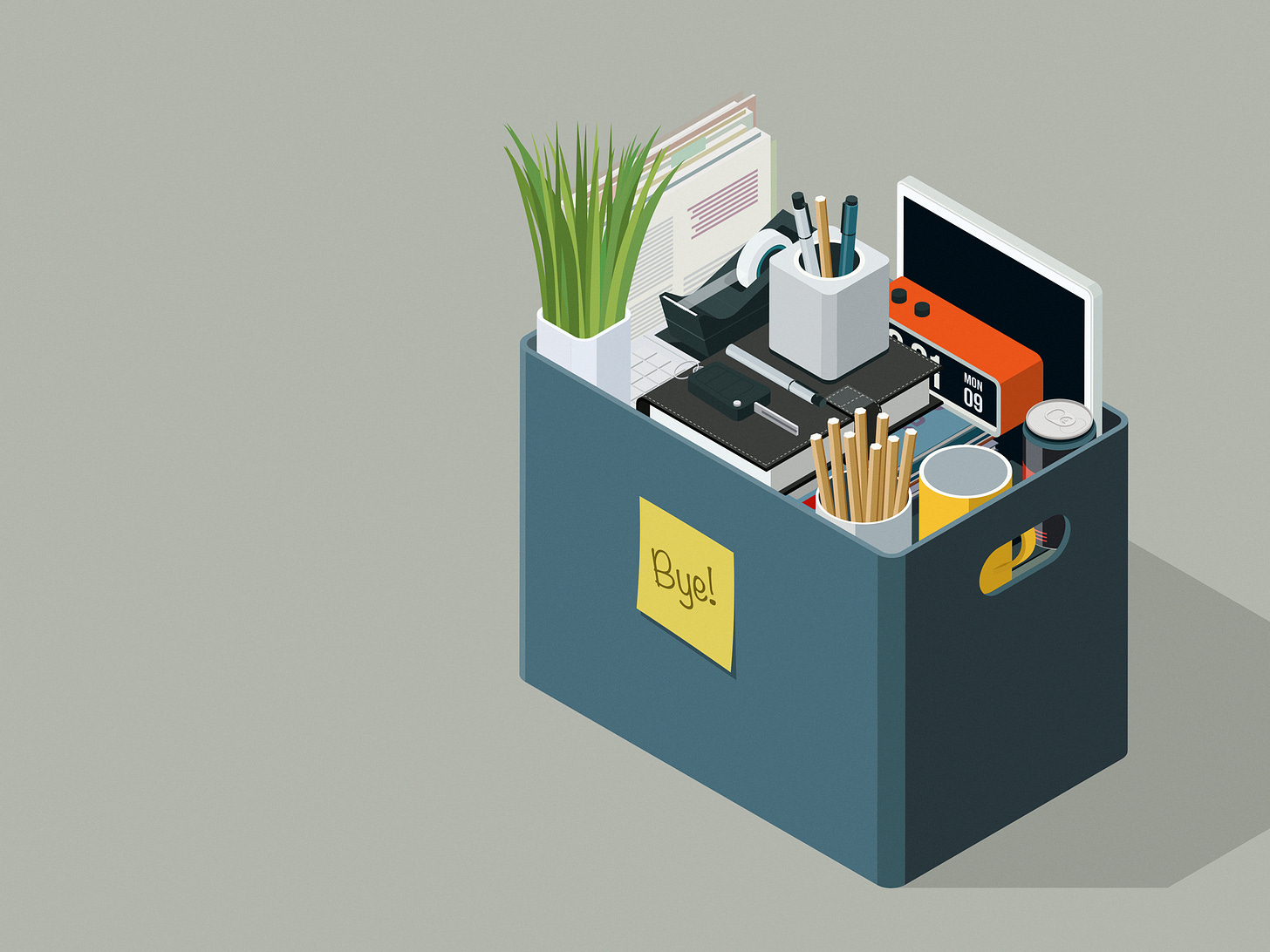Photo credit for heel-clicking GenZers, Kenny Eliason
In late 2021, Quit-Tok showed rising professionals saying peace out to their managers, tagging the exodus with #iquitmyjob. Halfway through 2022, rising professionals turned to quiet quitting, seeking to undermine toxic managers by, going fewer extra miles at work. Derek Thompson noted, “What people are now calling ‘quiet quitting’ was, in previous decades, simply known as ‘having a job.’” But again, the phenomenon went viral. Now, in 2023, #quitmyjobwithme’s resurging.
But, look, such public intimacy doesn’t help much. Reeling out interpersonal workplace moments on Instagram creates an all-too-brief validation. Millions of Quit Tok views may land you a spot on Good Morning America, but it won’t repair the workplace—or you.
I’m not against quitting: this newsletter has argued that early-career job-hopping can be a good thing—even though, for women and people of color, quitting quietly or loudly might not be within economic reach. Clearly, though, some job situations require an exodus: harassment, abuse, exploitation. Just go, please.
But professional depression often goes deeper than job discontent. If you’re asking, “Do I even want to be doing this?” you might be asking, not just about a job, but about a career.
How did I get here? Why I am doing this? Who am I becoming?
A friend of mine calls those Prior Questions. You don’t notice them till you feel overwhelmed. And you can’t answer them till you diagnose what’s overwhelming.
I’ve spent the last two years interviewing the most vulnerable people in the attention economy today—early-career professionals. The interviewees taught me to see four kinds of overwhelm.
1. Communication overwhelm.
This condition brings too much messaging. One woman professional, working for a security company, told me she had to ghost her team members who texted before thinking. Sometimes, though, communication overwhelm means too little messaging. One rising professional described managers who wouldn’t read beyond the second line of her emails.
Paradoxically, when you post about all this, you might just add to other people’s communication overload. In any case, quitting your job won’t help this kind of overwhelm. Learning to set aside time to do what Cal Newport calls deep work might.
2. Political overwhelm.
Young employees also told me tales of workplace skeeziness. Getting hit on by an internship supervisor. Getting fat-shamed. Getting disrespected professionally because male colleagues think you’re attractive. Black professionals talked about how hard it was to ask for help in a predominantly white workplace or about putting on “the Face” during triggering Zoom calls. And many rising professionals, whatever their demographic, suffer discrimination simply for being young.
Feeling politically undermined won’t go away when you quit your job or change your career. The best route to healing is organizing for the sake of structural reform. (Glad to say, it’s been a good week for this in my home state of Michigan.)
3. Vocational overwhelm.
This condition burdens you with heavy work and heavier questions. I remember interviewing young health professionals during the pandemic. They had to convince desperately sick people to wait their turn in a crowded lobby—and to keep their masks on while they waited—and, on top of all that, to deal with overworked physicians. Other interviews—with a first-year elementary teacher ready to quit her job, a Senior Community Builder at a social enterprise, a music teacher turned librarian—I noticed two kinds of job narratives. Burn it down. Grind it out. Both stories can deepen overwhelm. No wonder that the teacher referenced above told me her teacher friends were becoming realtors.
When you suffer vocational overwhelm, quitting might be essential to stave off burnout. But then, when you take another job, it’ll come roaring back. What you need may well be spiritual direction—someone to listen to your life with you.
Photo credit, Priscilla Du Preez
4. Digital Overwhelm.
All three of the overwhelms just described can be treated on a personal level. Better communicational boundaries. Better workplace advocacy. Better therapy. But I have also noticed a fourth kind of overwhelm that can’t be treated by meds or yoga or unions. I noticed it when people started pointing to disruptions not just in their workplace but in their whole industry. Their stories are essentially summed by a recent Hank Green lament, “Things keep changing very fast and not in ways that I think are great and I would like for it to stop. I’m very tired”
When the rules that once guided your field no longer apply….
When your information scatters across platforms defunct in weeks…
When the density of your digital spaces becomes super intense…
…you’re suffering an overwhelm that won’t be helped by going viral or by switching jobs. Nearly every industry feels rocked by tech disruptions.
I started this Substack to build a community of care and wisdom around rising professionals coping with workplace overwhelm—and to invite readers into the conversations of my newly contracted book entitled Dealing with Digital Overwhelm (Cascade Publishers), due to hit the shelves in 2024. The book argues that we need to cultivate, individually and together, a shrewdly resilient posture that promises, not ways to eradicate, but ways to withstand overwhelm.
Overwhelm is like climate change or racism or economic bubbles or, I dunno, artificial intelligence. You can’t manage these huge phenomena by going viral. But the good news is that, by naming your overwhelm clearly, you can find a way to be overwhelmed better and more wisely.
-craig









